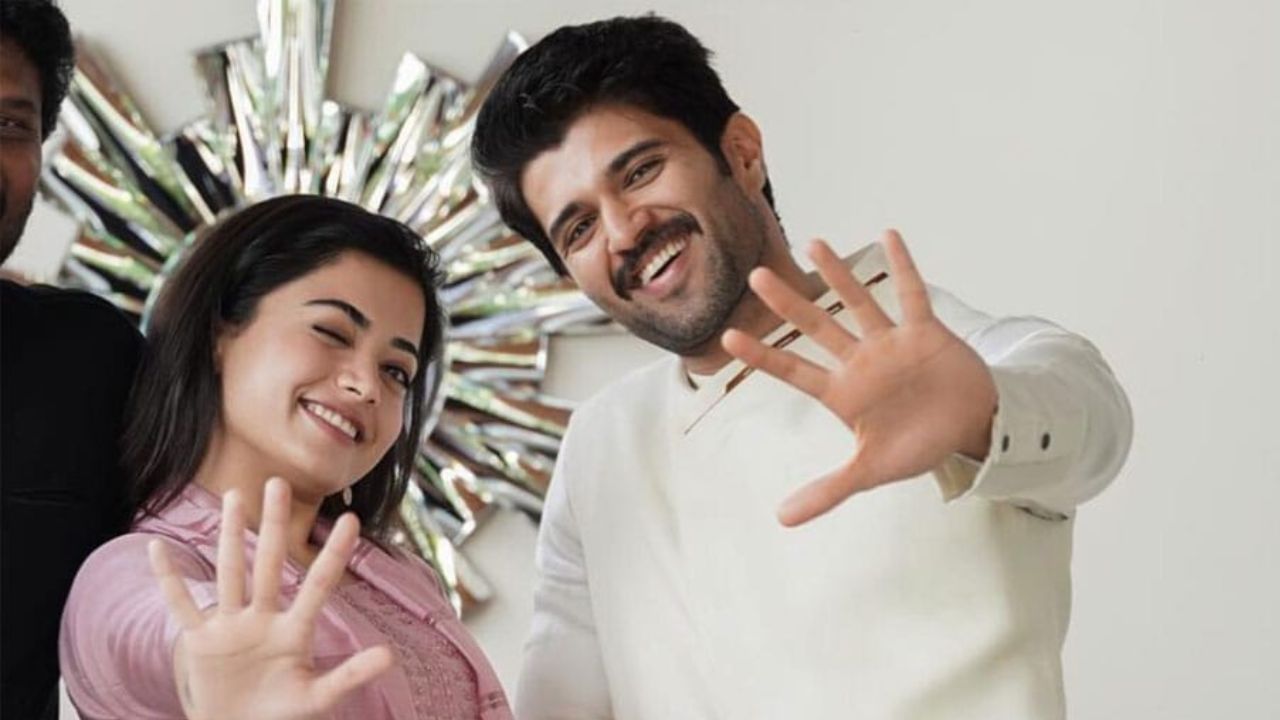Mumbai: Marriage is often considered a death knell for a leading actress in Bollywood. Reports emerging this week suggest that Rashmika Mandanna and Vijay Deverakonda may be engaged, with a wedding potentially planned for next year. While neither of them have officially confirmed these claims, the speculation alone has reignited an age-old question in Indian cinema — does marriage still impact an actress’s career prospects?
Traditionally, filmmakers and audiences have held a tacit bias about a married or older actress supposedly being less ‘bankable’ for romantic leads. Industry insiders have candidly admitted that some casting directors still prefer ‘a face that is not normally attached or married’ when selecting heroines. Many actresses have found that once married, their roles get relegated to being ‘mature’ or character parts rather than leads, regardless of their talent or box-office pull.
Yet the rise of OTT platforms, regional cinemas and content-driven storytelling has loosened these constraints. Actresses now find possibilities outside the traditional hero-heroine formula. Married actresses are also seen more often leading stories in digital projects. Stars like Kareena Kapoor Khan, Alia Bhatt and Priyanka Chopra have maintained thriving careers post-marriage, proving that audience acceptance is shifting. Brand endorsements, too, often judge women more on influence and presence than marital status.
However, the landscape is changing. The proliferation of OTT platforms, web series and niche content has loosened the strictures on casting. Some producers no longer treat marriage as a career-ending move and married actresses are now seen more often leading stories in digital projects. From a branding and endorsements point of view, an actress’s engagement or marriage can also bring new visibility. The union of two star names can create synergy for endorsements as a ‘power couple’, expanding appeal. Brand strategists see the combined drawing power of celebrity couples as beneficial and tap into it.
That said, there are potential pitfalls. Media scrutiny intensifies on the actress’s personal life, expectations around motherhood and judgments about ‘work-family balance’ that may become distracting or intrusive. Some filmmakers, though fewer now, may still hesitate to cast married actresses in romantic lead roles, fearing audience perceptions or box office risk. One recent controversy involves Deepika Padukone, who became a mother in September 2024. Multiple reports in 2025 claim she requested adjusted working hours, specifically an eight-hour workday, in her subsequent film commitments.
The contention is that she exited from one major project, Sandeep Vanga Reddy’s Spirit and got dropped from the highly anticipated sequel to Kalki 2898 AD, allegedly because these requests were considered incompatible with production demands.
Reports suggest that for some projects, her insistence on limited working hours, combined with high remuneration and profit-sharing conditions, created friction with producers. For Kalki 2898 AD part 2, some sources indicate makers either reduced or reconsidered her role rather than accommodate scheduling adjustments.
These incidents ignited fierce debate over whether an actress’s personal needs, especially in motherhood, should cost her opportunities. Critics argued that the industry remains unwilling to accommodate reasonable work-life boundaries. Supporters countered that unrealistic demands, regardless of gender, can derail complex productions involving hundreds of crew members and tight schedules.
Deepika’s case, whatever the complete truth, offers a pointed observation — even a superstar with deep market value may find her options affected if production needs and personal boundaries cannot align. For any actress navigating marriage or motherhood, this suggests that negotiating stance, flexibility and strategic project selection become critically important.
What this could mean for Rashmika alone
If the marriage reports prove accurate, Rashmika enters this new phase with considerable advantages. She is a sought-after name across multiple regional industries, right from South India to pan-India markets. Her recent successes in both Telugu and Hindi cinema demonstrate cross-regional appeal that few actresses in recent times have been able to achieve.
A marriage announcement need not be a roadblock, if she maintains that momentum with diverse project choices, strategic brand alignment and sustained visibility. The industry is undeniably evolving. Audiences increasingly care about performance and screen presence over personal life milestones. OTT platforms offer roles beyond the traditional heroine template. Yet the Deepika controversy points out the evolution is far from complete.
Ultimately, how Rashmika steers her next chapter may well test whether Indian cinema has truly outgrown its marriage taboo, or merely learned to mask it better.
